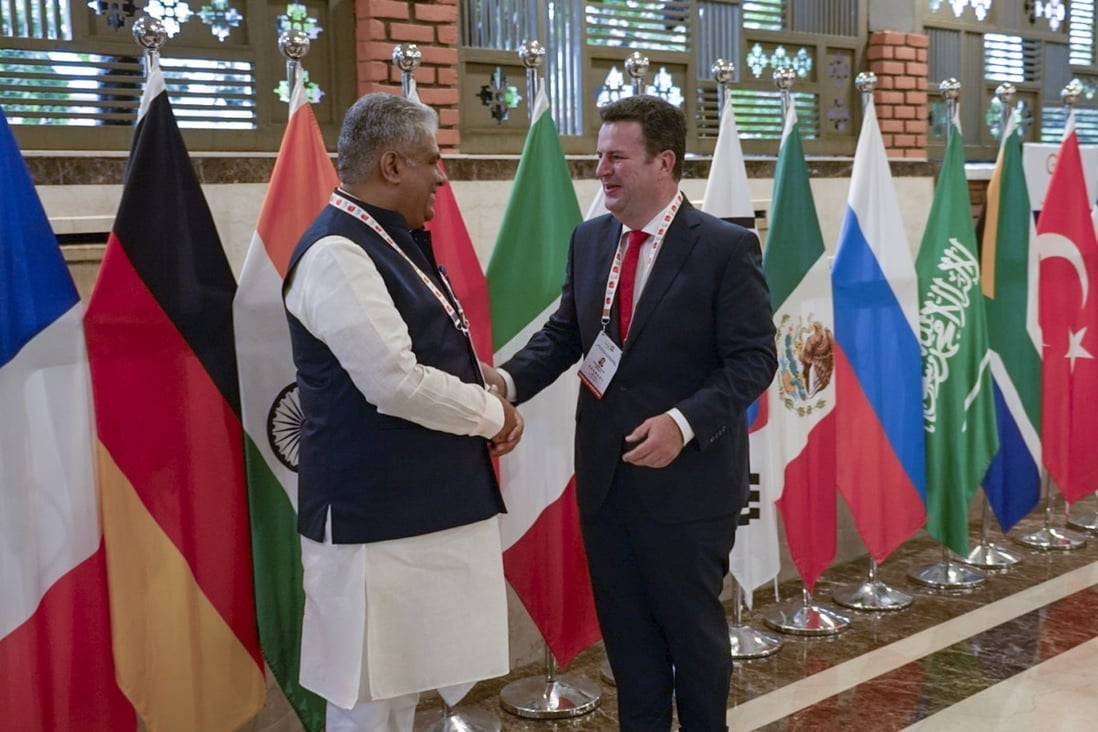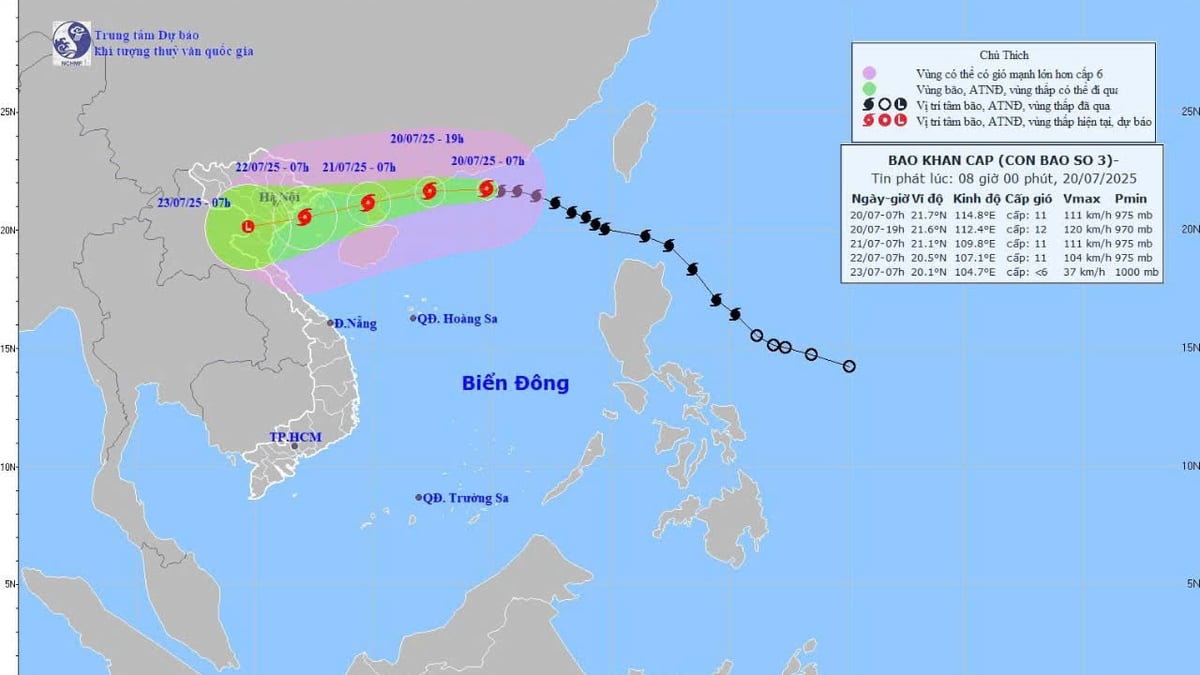The final statement from the meeting did not even mention coal, a major contributor to global warming. The fuel is the main energy source for many developing economies such as India and China.

Indian and German Energy Ministers at the G20 meeting. Photo: DPA
This is seen as a failure even though G7 leaders agreed in Hiroshima, Japan, in May to “accelerate the phase-out of fossil fuels.” Global temperatures are now hitting record highs, causing floods, storms and heatwaves.
Explaining the impasse, G20 President India said some members had stressed the importance of having a “shock absorber period, appropriate to different national circumstances”.
“With temperature records being set daily around the world and the impacts of climate change spiraling out of control, the world needs to hear clear commitments to action from G20 ministers,” Alden Meyer, a senior fellow at the independent climate think tank E3G, said in a statement.
A coalition of key European Union economies, including Germany, France and some of the most vulnerable island nations, this week urged the G20 to accelerate plans to reach net zero emissions and phase out fossil fuels.
They call for greenhouse gas emissions to peak by 2025 at the latest and cut emissions by 43% by 2030, in line with recent recommendations from United Nations climate experts.
Hoang Nam (according to DPA, AFP, SCMP)
Source




































































































Comment (0)